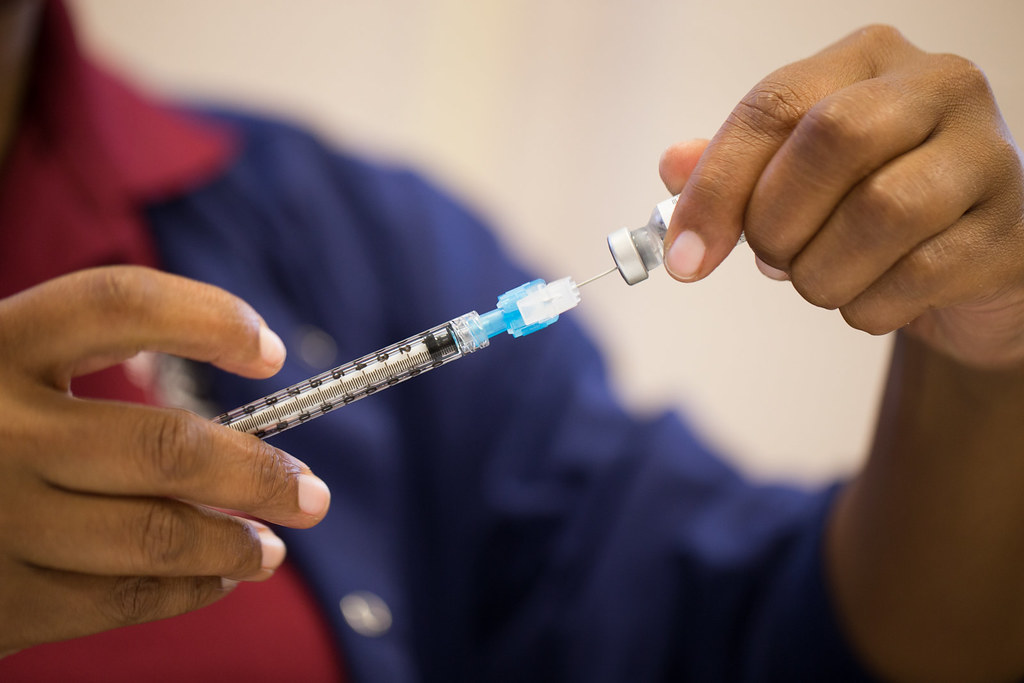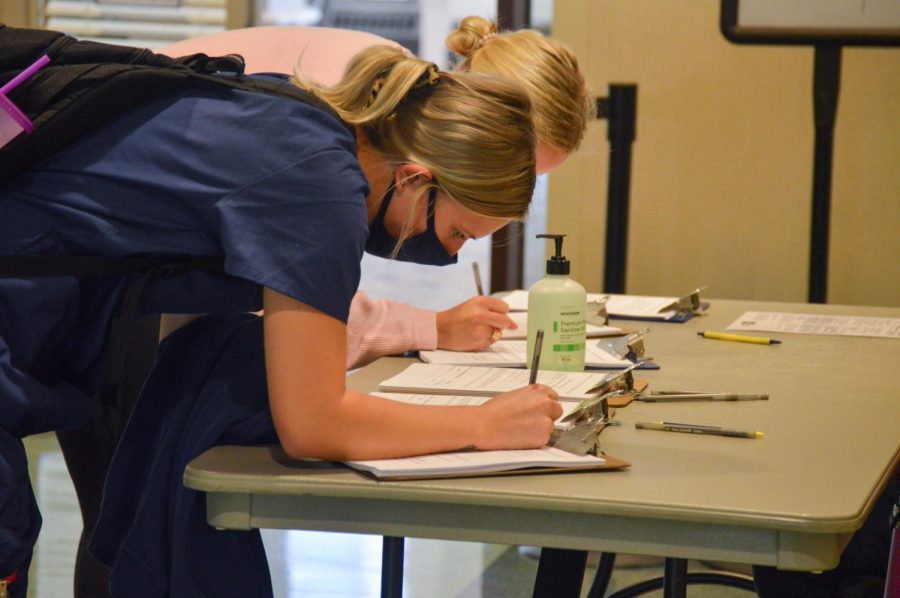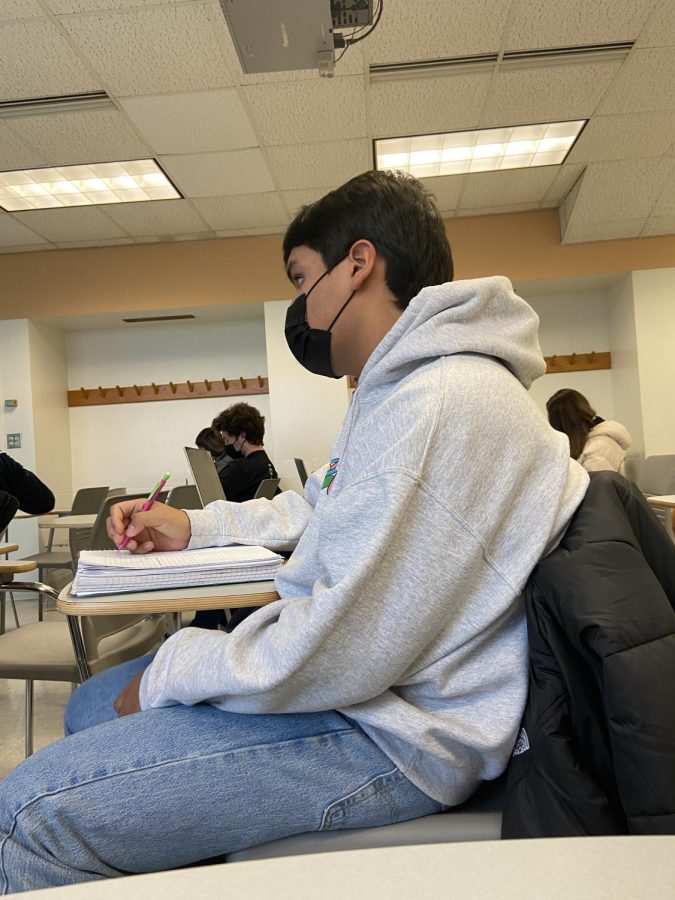In the wake of an Aug. 28 Milwaukee Health Department statement urging residents to stop vaping, the executive director of the Marquette Medical Clinic Kelli Wollmer echoed the recommendation.
The statements came amid 16 cases in Wisconsin where individuals had been hospitalized with severe chemical pneumonitis due to vaping. The condition is inflammation of the lungs due to aspiration or inhalation of irritants.
The Center of Disease Control reported Sept. 27 805 lung injury cases and 12 deaths in which all patients reported vaping.
“Vaping is extremely dangerous,” Wollmer said. “The specific chemical exposures causing lung injuries associated with e-cigarette product use, or vaping, remains unknown at this time. The aerosol from vaping contains harmful substances including nicotine, THC, heavy metals like lead, volatile organic compounds and cancer-causing agents.”
Wollmer said there has been an increase in vaping related cases at the Marquette Medical Clinic this semester, but suggested this might be due to the increased awareness surrounding vaping and its effects. Wollmer explained some of the most prevalent symptoms.
“The most dangerous symptoms are cough, shortness of breath or chest pain after vaping,” Wollmer said. “Some also may get nausea, vomiting or diarrhea.”
According to statements made by the Milwaukee Health Department, the number of vaping-related illnesses increased to 34 from 16 in just one week since the Aug. 28 statement. They are currently working with the Milwaukee Police Department to crack down on illegal THC.
THC, or tetrahydrocannabinol, is the chemical responsible for most of marijuana’s psychological effects, according to the National Institute on Drug Abuse. It acts much like the cannabinoid chemicals made naturally by the body.
The U.S. Food and Drug Administration also stated that during their ongoing investigation of vaping, many samples tested by states or by the FDA have been identified as vaping products containing THC, according to its website.
Most of these samples with THC also contained significant amounts of vitamin E acetate. While the FDA does not have enough data presently to conclude that vitamin E acetate is the cause of the lung illness that has sent many vape-users to the hospital, the agency believes it is prudent to avoid inhaling this substance.
Emily Cribbin, a sophomore in the College of Health Sciences, said that she started vaping when she was a senior in high school. She now finds herself vaping all day, and she is struggling to stop.
“I’ve tried to stop a few times, but it seems like every time I try something goes wrong, and I get stressed out and then I need it again,” she said. “The longest I think I’ve gone recently without vaping is one week.”
Cribbin also said she tried cutting back to vaping exclusively on the weekends, but that did not last very long. She said if she could go back to before she started vaping and stop herself, she would.
Cribbin said her home state of Illinois has started to ban certain flavors of e-cigarettes.
This has had an effect on her vaping habits.
“In Illinois, they did ban the mango-flavored Juul pods that I used to use, so I’ve just been using mint. But menthol isn’t that bad, and if I had to use tobacco, I would get used to it,” Cribbin said.
The recent influx of hospitalizations related to vaping in Milwaukee and the country, as documented by Center for Disease Control, have certainly scared her. Early, even with the lack of research surrounding the side effects of vaping, Cribbin said she always knew there might be consequences.
When asked how much he vaped, Mark Hengel, a sophomore in the College of Business Administration, said he had only vaped once before but only as a joke.
“It was just to make my friends laugh, but it was not enjoyable. I started coughing immediately after, and I even started to get a headache that night,” Hengel said.
Hengel said he never really felt the desire to vape and that he has never felt pressured or left out because he does not vape. He said he does not believe that the risk of vaping is worth it.
“I have a friend from high school who was hospitalized and had to have his lung replaced. Apparently he was vaping one pod a day,” Hengel said.











